
Many games claim to let your choices change the story, offering different paths and endings. However, a lot of them still lead you to the same main events. These games often use things like dialogue options and moral choices, but these mostly affect small details like what characters say, the scenes you see, or the ending credits – the overall story remains largely the same. We’ll show you how these games limit your freedom later on, even if it doesn’t seem that way at first. We’ve also included the game developers for each title, so you can see where these design choices come from.
‘Mass Effect 3’ (2012)
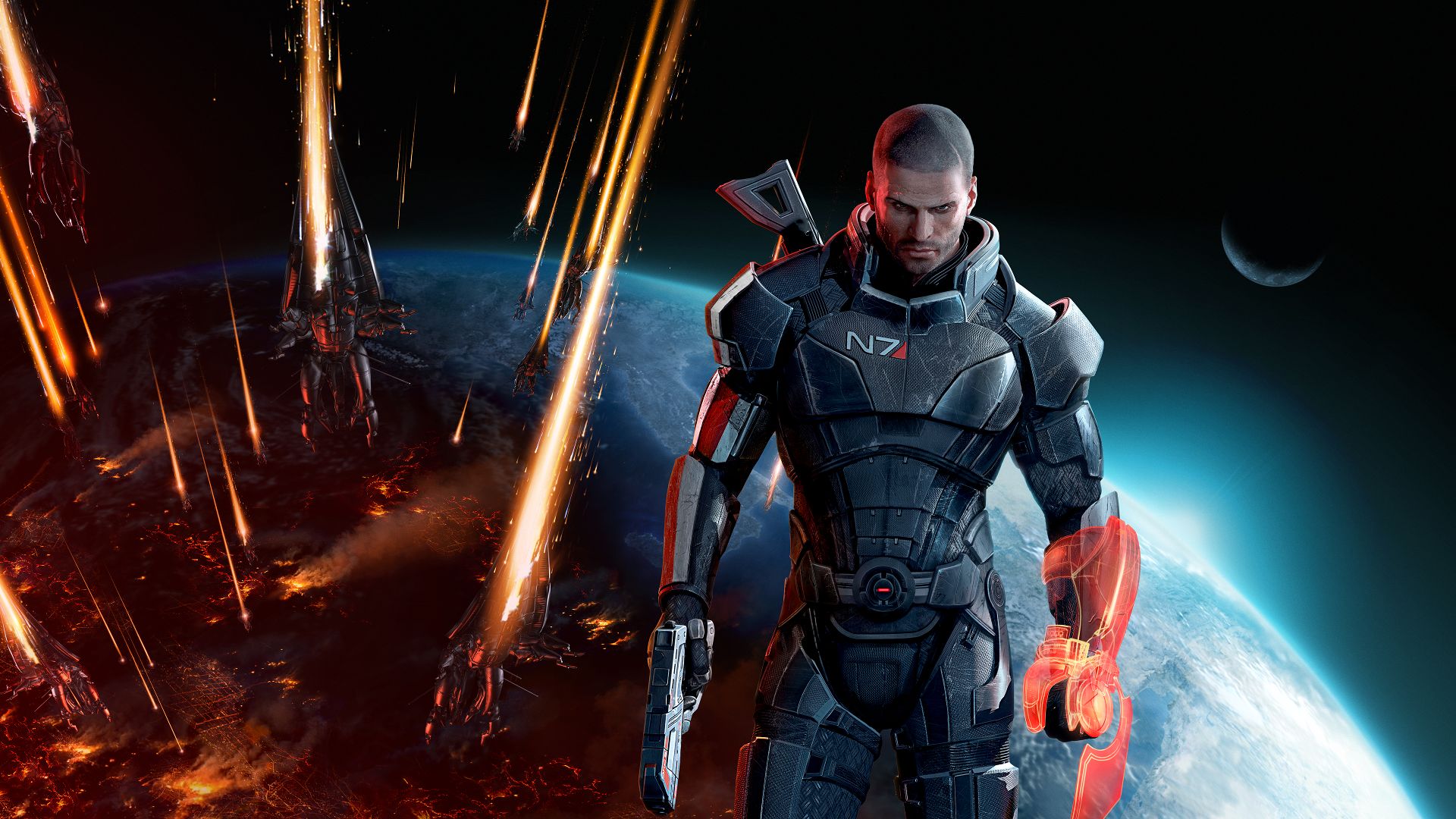
Despite tracking numerous player choices throughout the game, ‘Mass Effect 3’ funnels everything into a limited set of endings determined by a final, color-coded decision. The impact of many earlier choices, like gathering resources and improving galactic readiness, is ultimately reduced to unlocking one of a few predetermined outcomes. Even the fates of your companions and the results of side quests are often summarized briefly in epilogues or emails, meaning your actions don’t significantly alter the overall finale, regardless of your choices during the game.
‘Telltale’s The Walking Dead’ (2012)
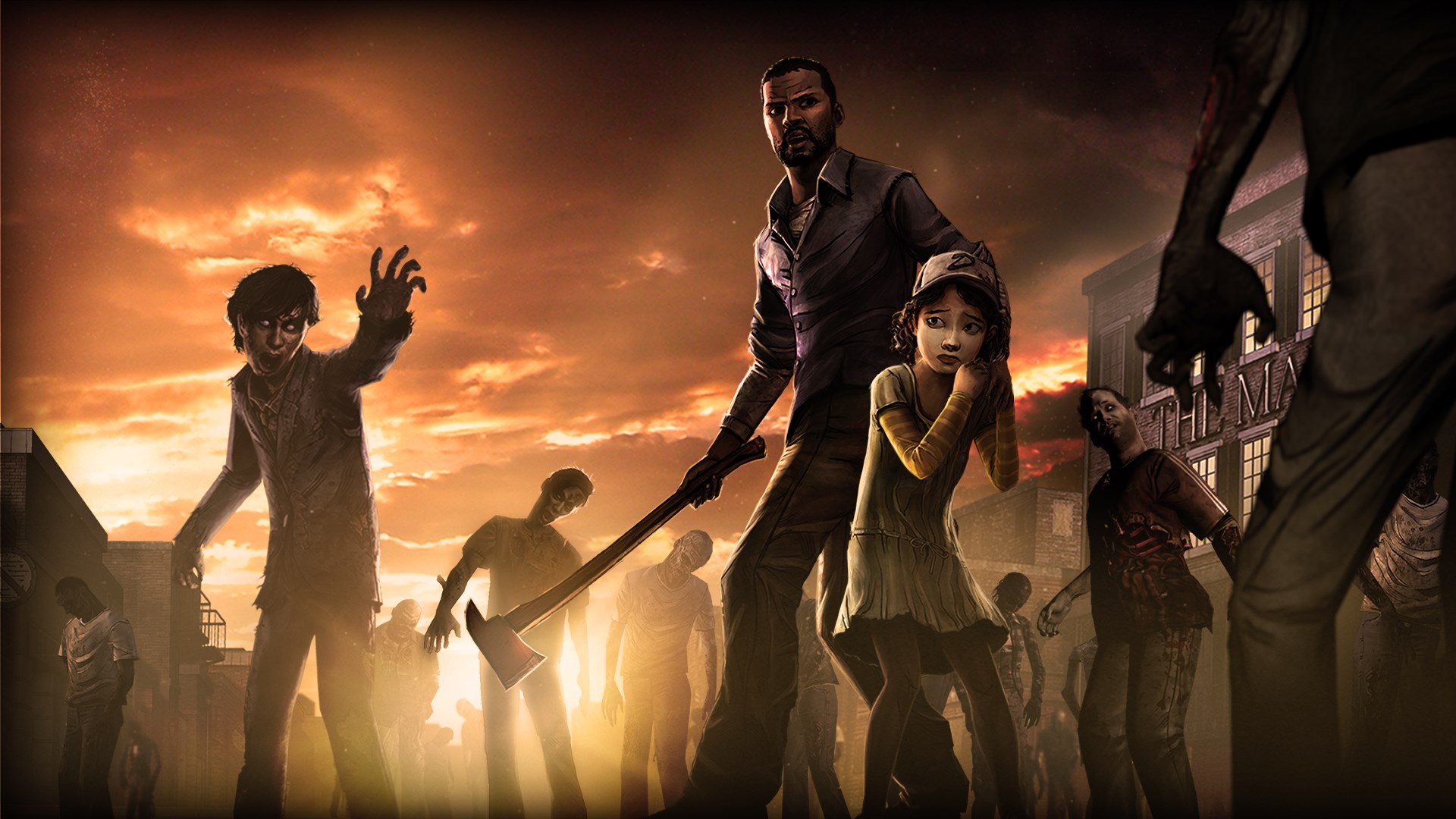
Telltale Games’ ‘The Walking Dead’ often highlights that your choices matter, promising ‘X will remember that.’ However, while some moments change dialogue or small scenes, the main story beats always stay the same. Though you might delay a character’s death, someone similar usually appears to take their place, keeping the overall plot on track. Ultimately, the ending remains consistent, with only small differences in who joins you or how conversations unfold.
‘Life Is Strange’ (2015)
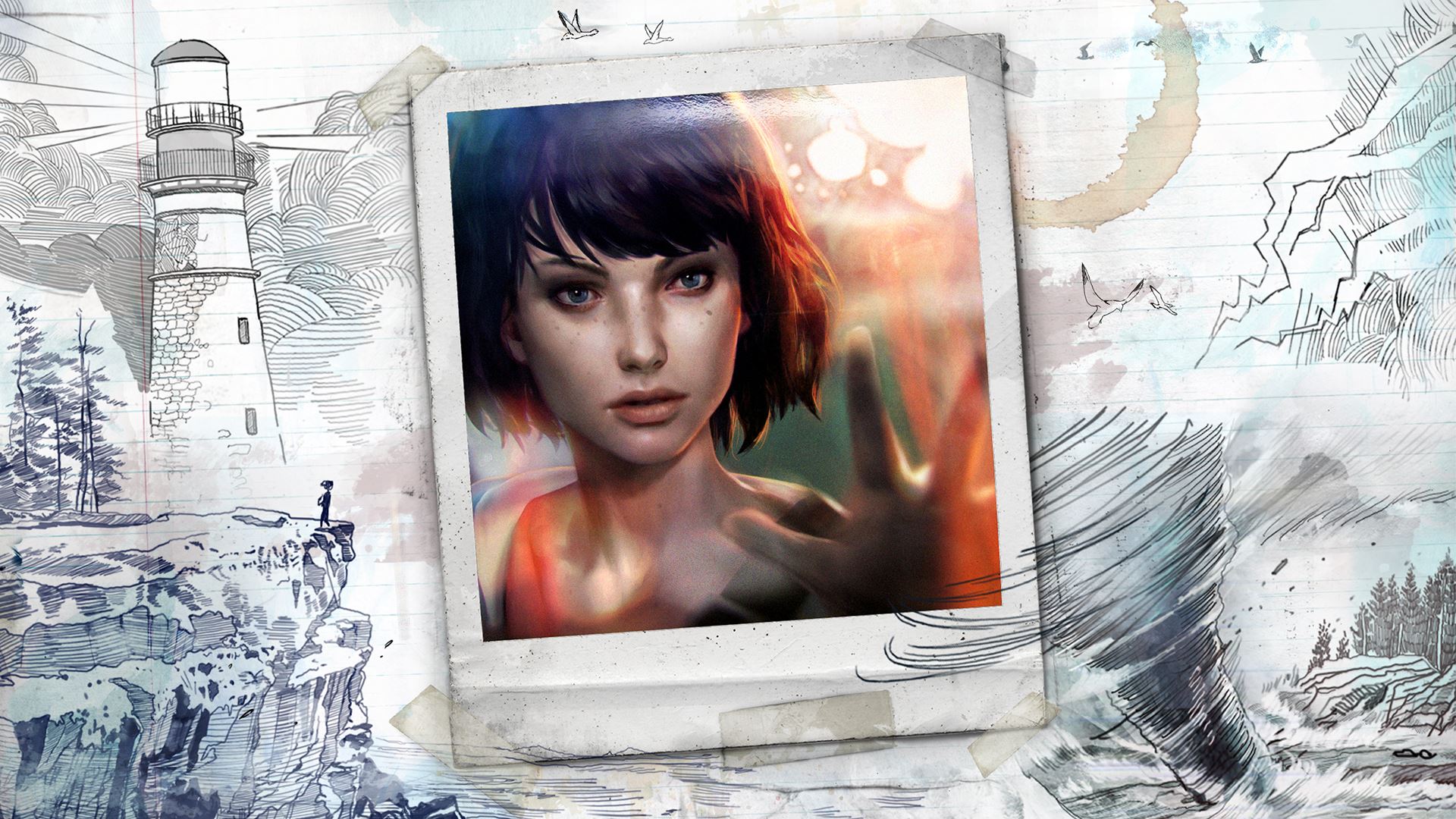
The game, developed by Dontnod Entertainment and published by Square Enix, features choices throughout the story that seem to have consequences, but many of those effects are ultimately undone. While earlier decisions change small details like scenes or dialogue, they don’t significantly alter the main storyline. The ‘Rewind’ feature emphasizes important choices, but the plot generally stays on a fixed path. Ultimately, the game’s ending presents a single, crucial choice that has a much greater impact on the outcome than anything you decided earlier in the game.
‘Deus Ex: Human Revolution’ (2011)
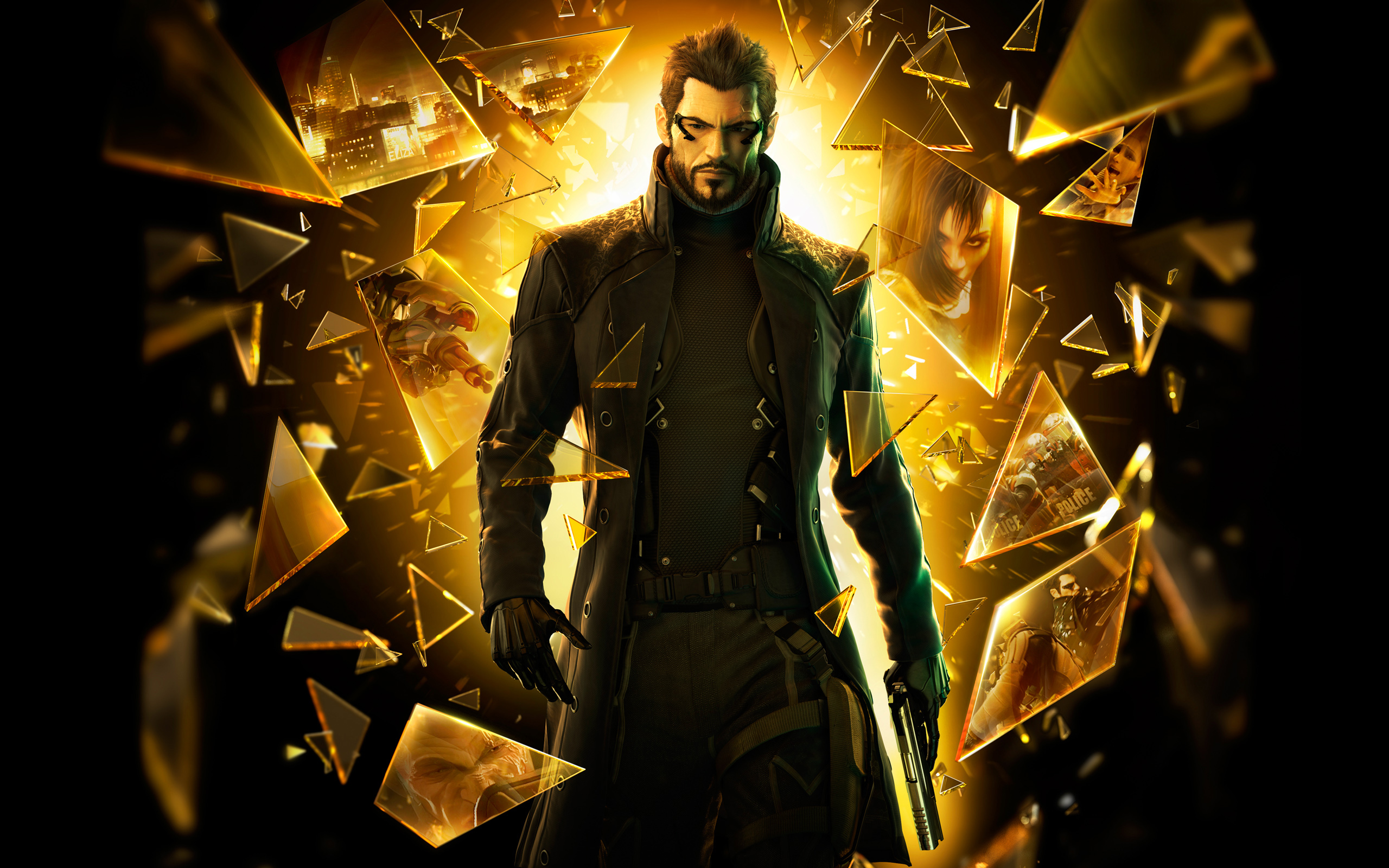
Eidos-Montréal and Square Enix created a game where your choices about how you interact with people, sneak around, and fight seem important, but ultimately the main story unfolds in a fairly predictable way. While your decisions change things like who you can talk to, how you approach missions, and what news you see, the big story beats always happen. Even if you tried to avoid fighting, you’d still face boss battles (though later updates made this more flexible). And the very last choice you make determines the final message of the game, but doesn’t really capture the nuances of how you played.
‘Fallout 3’ (2008)
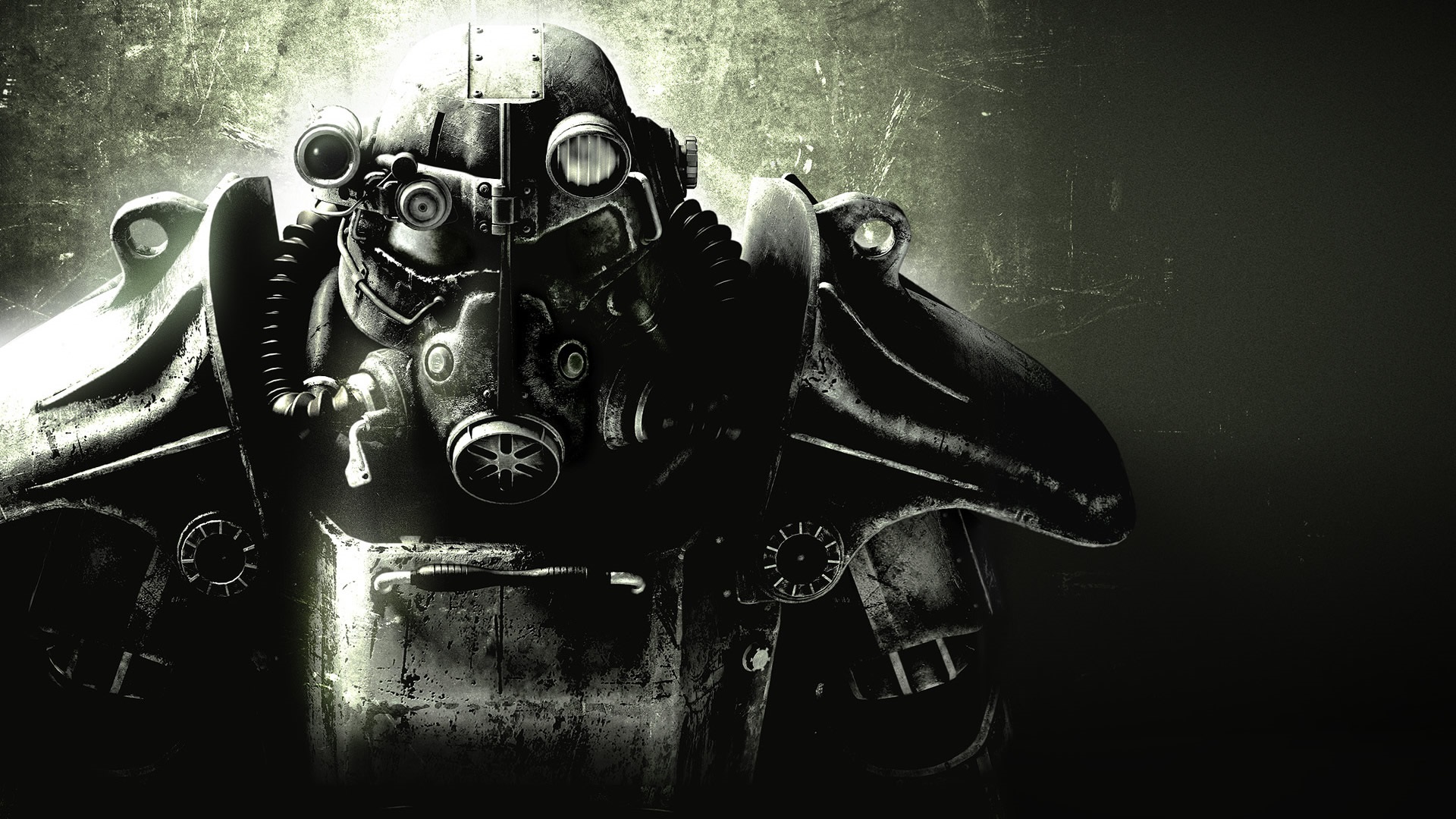
Okay, so Bethesda really tries to make the world feel reactive – you’ve got karma, different factions you can side with, and how your settlements turn out. But honestly, the main story always feels like it hits the same points no matter what I do. A lot of my big choices just end up being summarized in those end-of-game slides narrated by Ron Perlman instead of actually changing how the story plays out. Even something huge like what happens with the purifiers was originally locked on a single path until they added options later with a DLC. Basically, even though I’m trying to role-play, the big moments in the game usually stay the same no matter what decisions I make.
‘Fallout 4’ (2015)
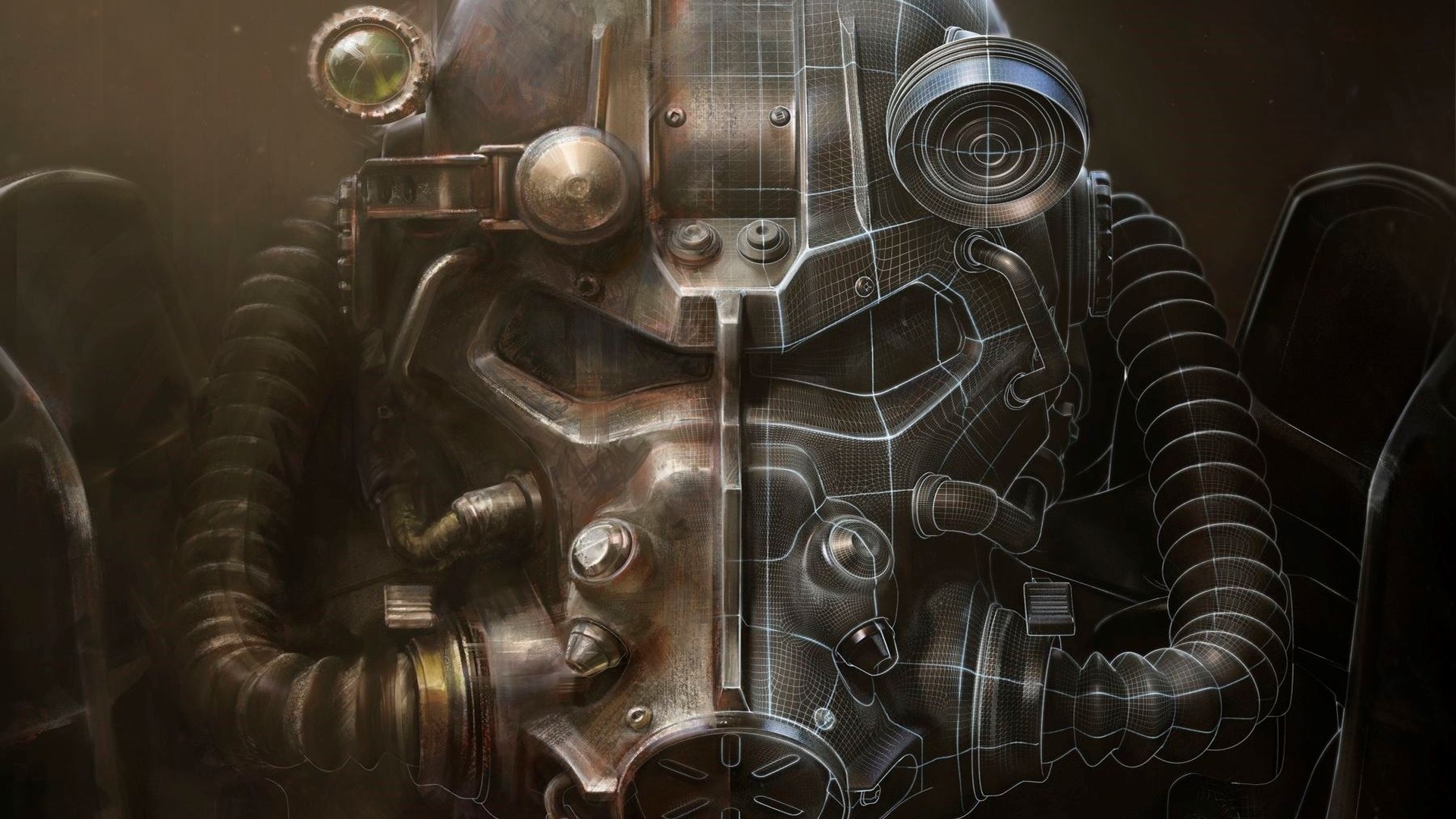
Fallout 4, like other games from Bethesda, uses a dialogue system where many choices lead to the same outcomes. While you can initially build relationships with different groups, the game eventually funnels you toward a few specific endings. Building settlements and getting to know your companions unlocks bonuses and cutscenes, but doesn’t drastically change the main story. Ultimately, the central mystery of the synths resolves in one of a few ways, with some overlap in the missions you complete regardless of your choices.
‘Game of Thrones’ (2014)
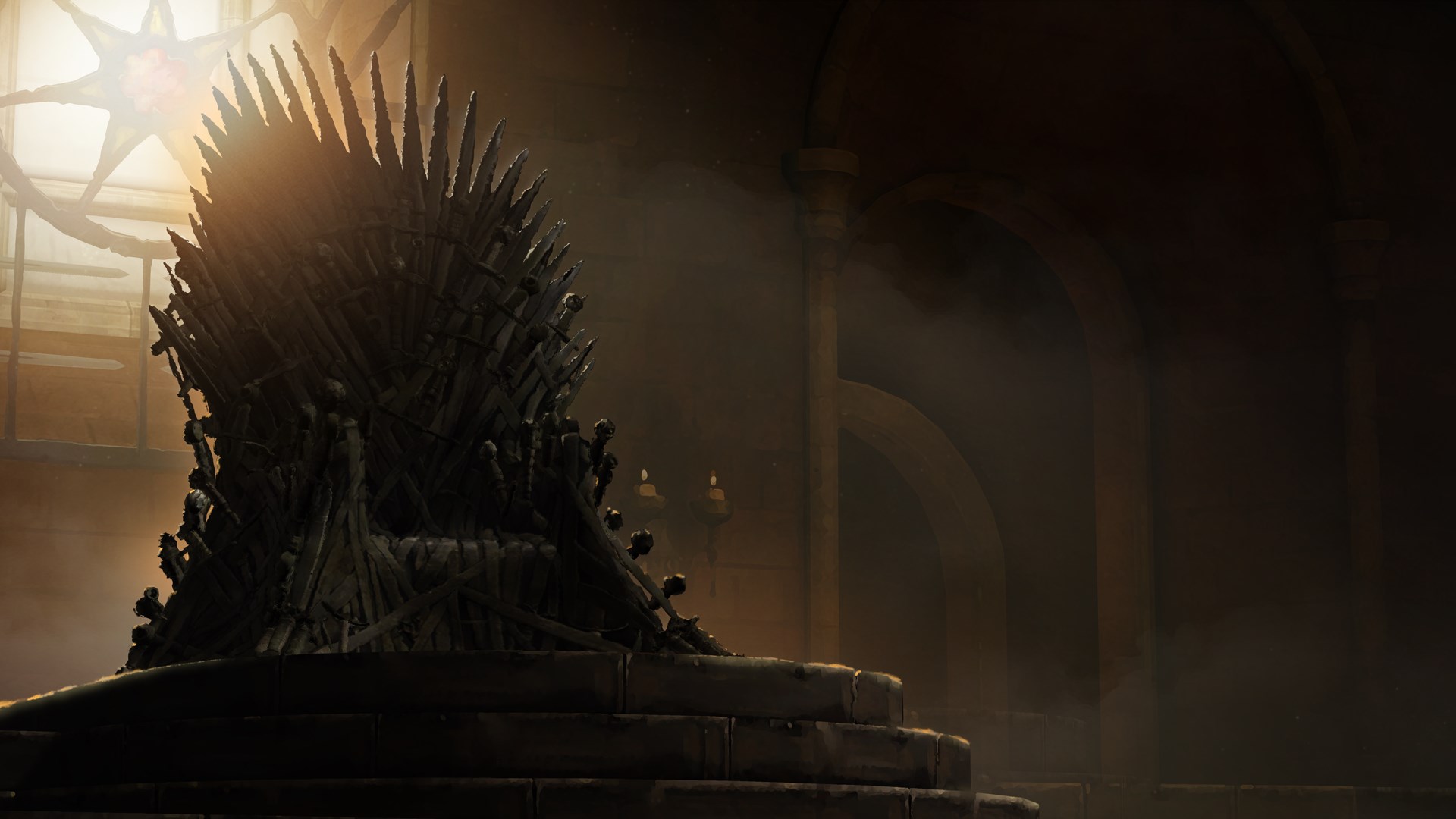
Telltale’s game version focuses on the complex relationships and power struggles within the story, but the game often steers events back on track to follow the main storyline. Your choices about who survives or who you help change conversations and details, but the overall tragic outcome stays the same. While the specifics of the ending can vary, all players ultimately reach the same conclusion. The game’s episode-based structure limits major branching paths to maintain a consistent release schedule.
‘The Wolf Among Us’ (2013)
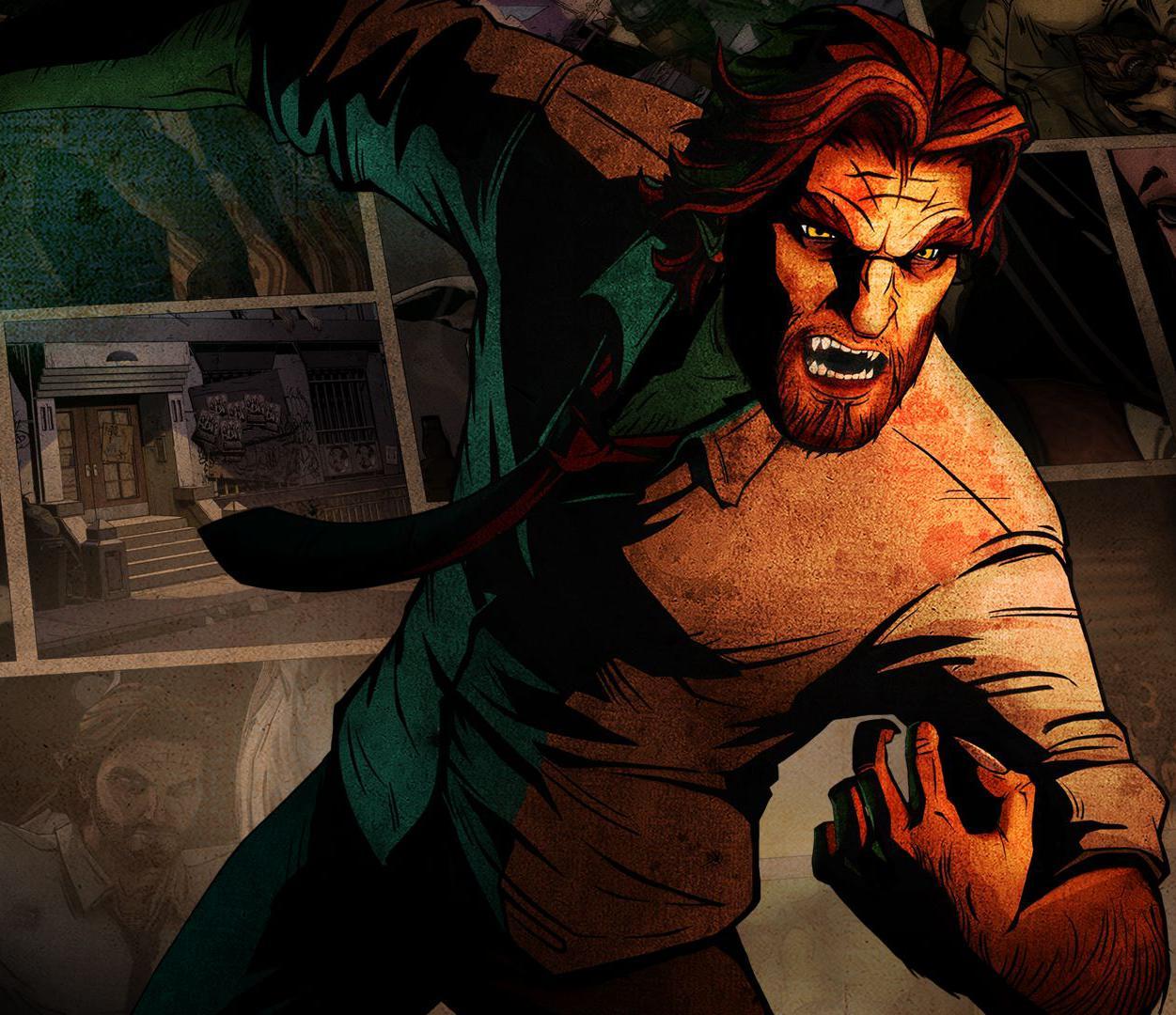
This detective story, created by Telltale Games, keeps track of how you question people and react to situations. While characters and clues appear as expected, your choices affect your relationships and how scenes play out, though the main story remains consistent. The ending acknowledges your overall approach, but leads to the same final challenge. After the credits, you’ll see hints that relate to the conversations you had, rather than drastically different outcomes.
‘BioShock’ (2007)
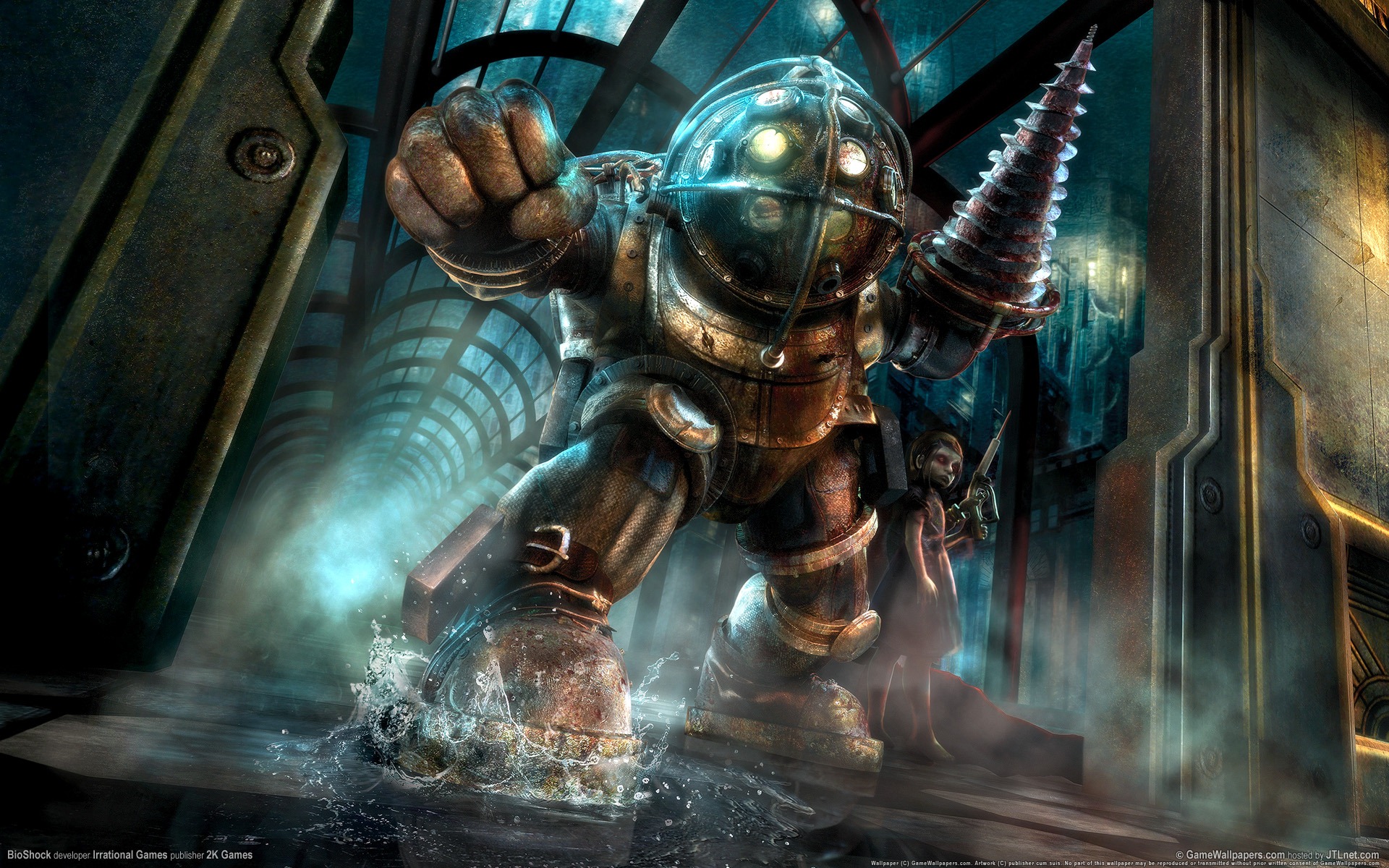
Irrational Games and 2K Games keep track of your choices regarding the Little Sisters – whether you save them or exploit them – but this mostly affects a few of the powers you receive and the ending cutscene. The main areas, boss fights, and the big plot twist remain the same, no matter what you do. The villain’s plan unfolds the same way regardless of your choices, and the final narration simply changes its emotional tone, not the actual story you’ve experienced.
‘BioShock Infinite’ (2013)
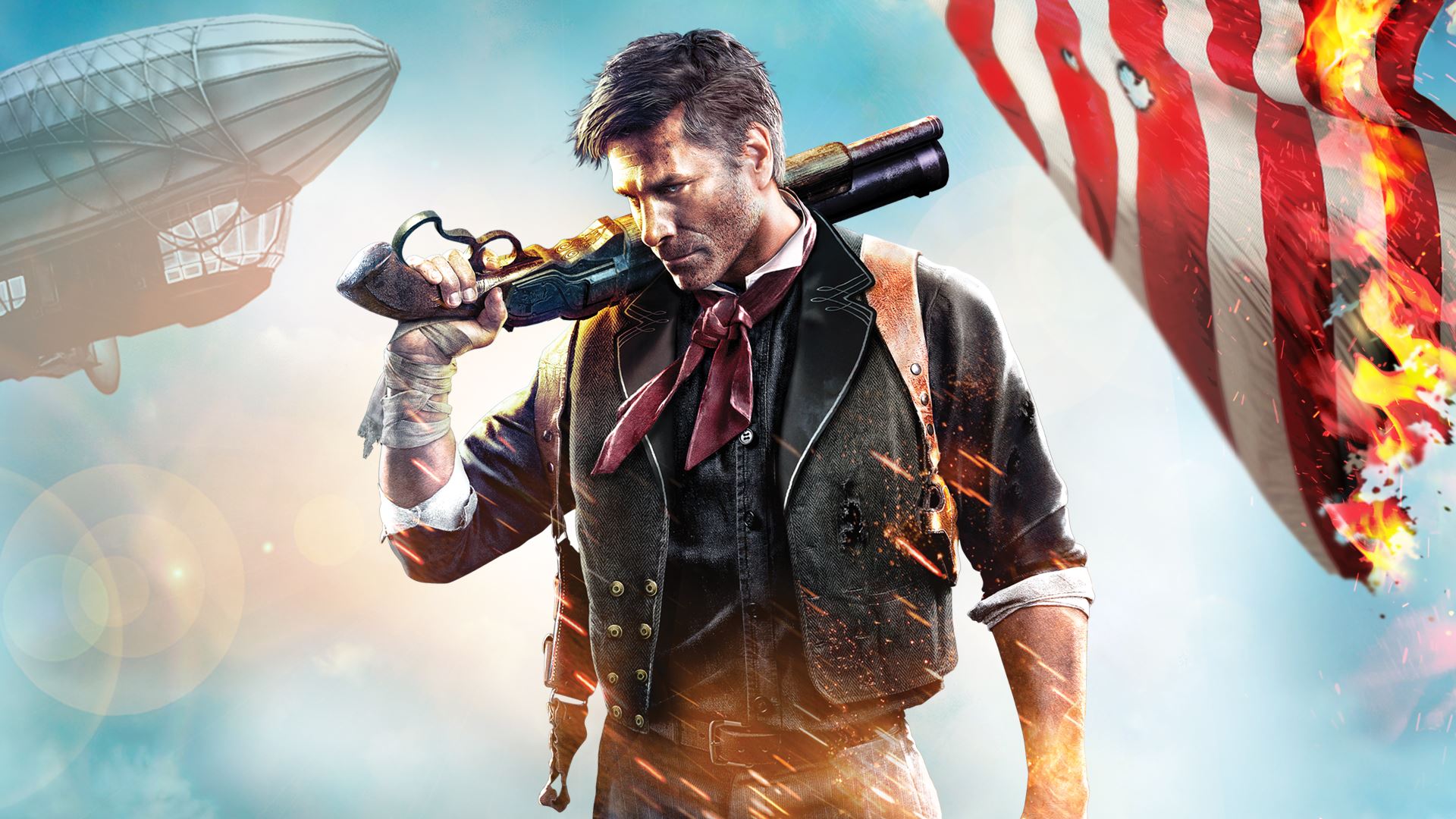
BioShock Infinite, created by Irrational Games and published by 2K, includes choices—like selecting a necklace, the result of a raffle, or how prisoners are treated—that don’t really change the story. While the game explores different dimensions, which explains why things come together, you still follow a single path through the city of Columbia. Finding Voxophones and upgrading your gear lets you play the game in different ways, but doesn’t affect the plot. Ultimately, the ending reinterprets what happened, making most of your earlier choices feel unimportant.
‘Spec Ops: The Line’ (2012)
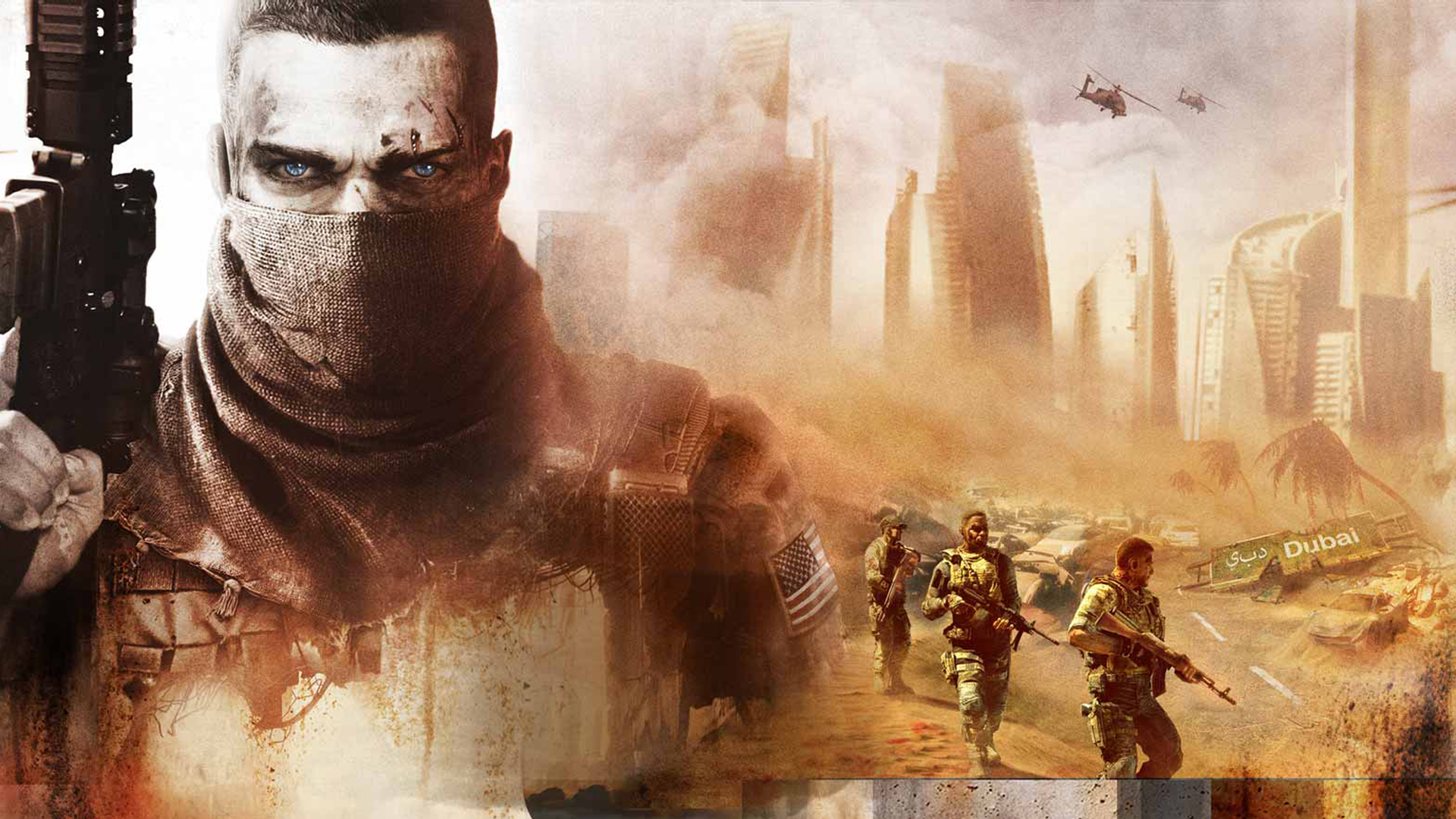
As a fan, I’ve noticed something really interesting about how Yager and 2K built the story. They present you with these big moral choices that feel like they matter, and they definitely set the mood and change things in the short term. But honestly, the main story always keeps moving forward on the same path. It’s almost like the game is showing you that your choices don’t have the impact you think they do, and that’s actually the point! It’s a clever way to make a statement about how decisions are handled in military shooters – they’re trying to show you the illusion of control.
‘Far Cry 3’ (2012)

In Ubisoft Montreal and Ubisoft’s game, you can build up outposts and customize your skills, but the main story follows a fixed sequence of events. Choices you make and how you interact with allies don’t significantly change the overall storyline for the main character. While there’s one major decision at the end that leads to one of two possible endings, the rest of the game plays out similarly regardless of your actions. Most of what you do on the island affects your equipment and how quickly you progress, but it doesn’t have a major impact on the story.
‘Far Cry 4’ (2014)
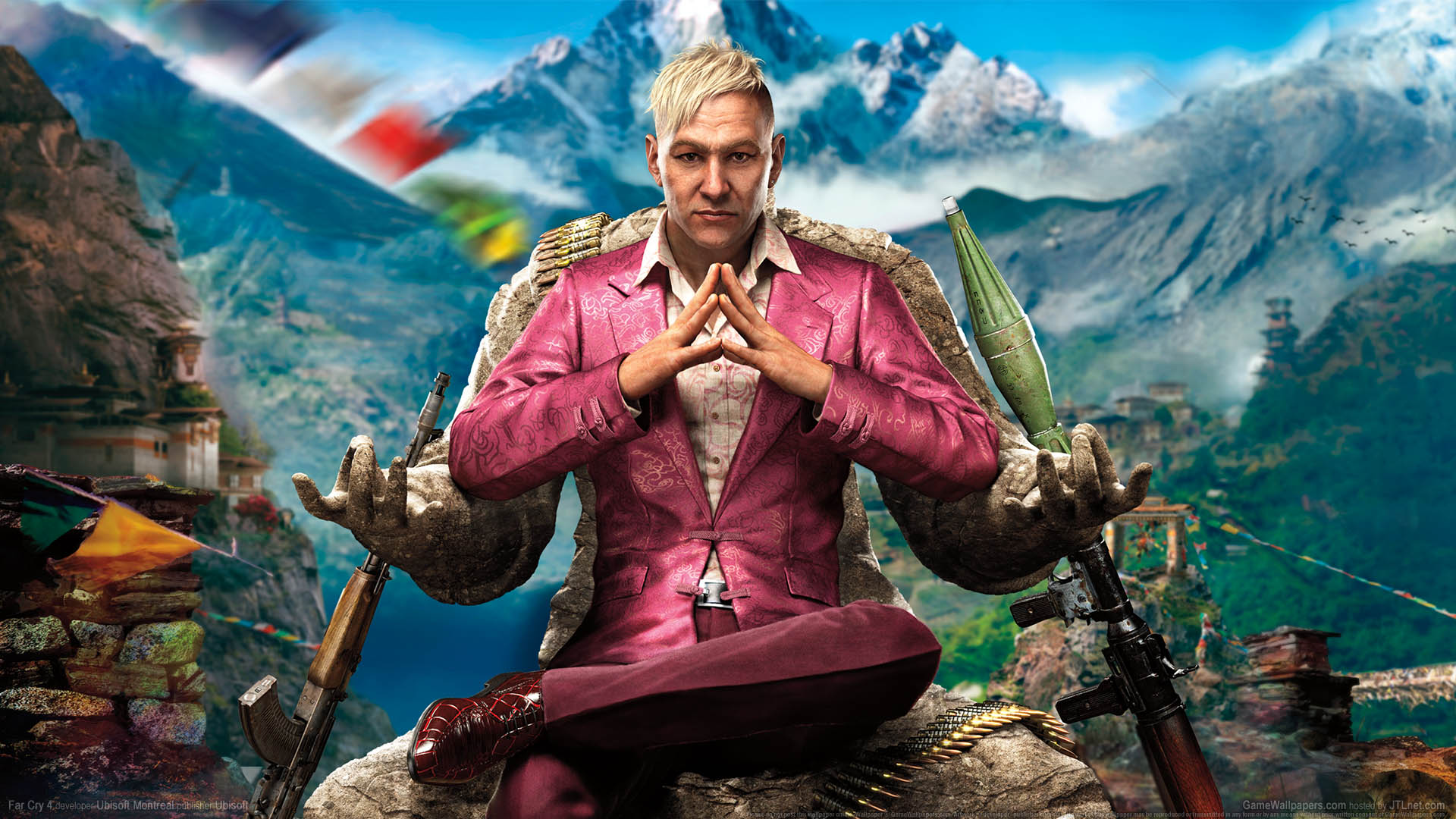
In ‘Far Cry 4’, developed by Ubisoft Montreal and Ubisoft, players can surprisingly end the game prematurely by simply waiting, which demonstrates that many choices during gameplay don’t significantly impact the overall story. While choosing different leaders on the Golden Path alters a few missions, it doesn’t change the core way the game progresses through liberating regions. Both Pagan Min’s control and Ajay’s part in the story are limited, and the game’s design emphasizes repeating actions and exploring the map rather than a branching, story-driven experience.
‘Far Cry 5’ (2018)
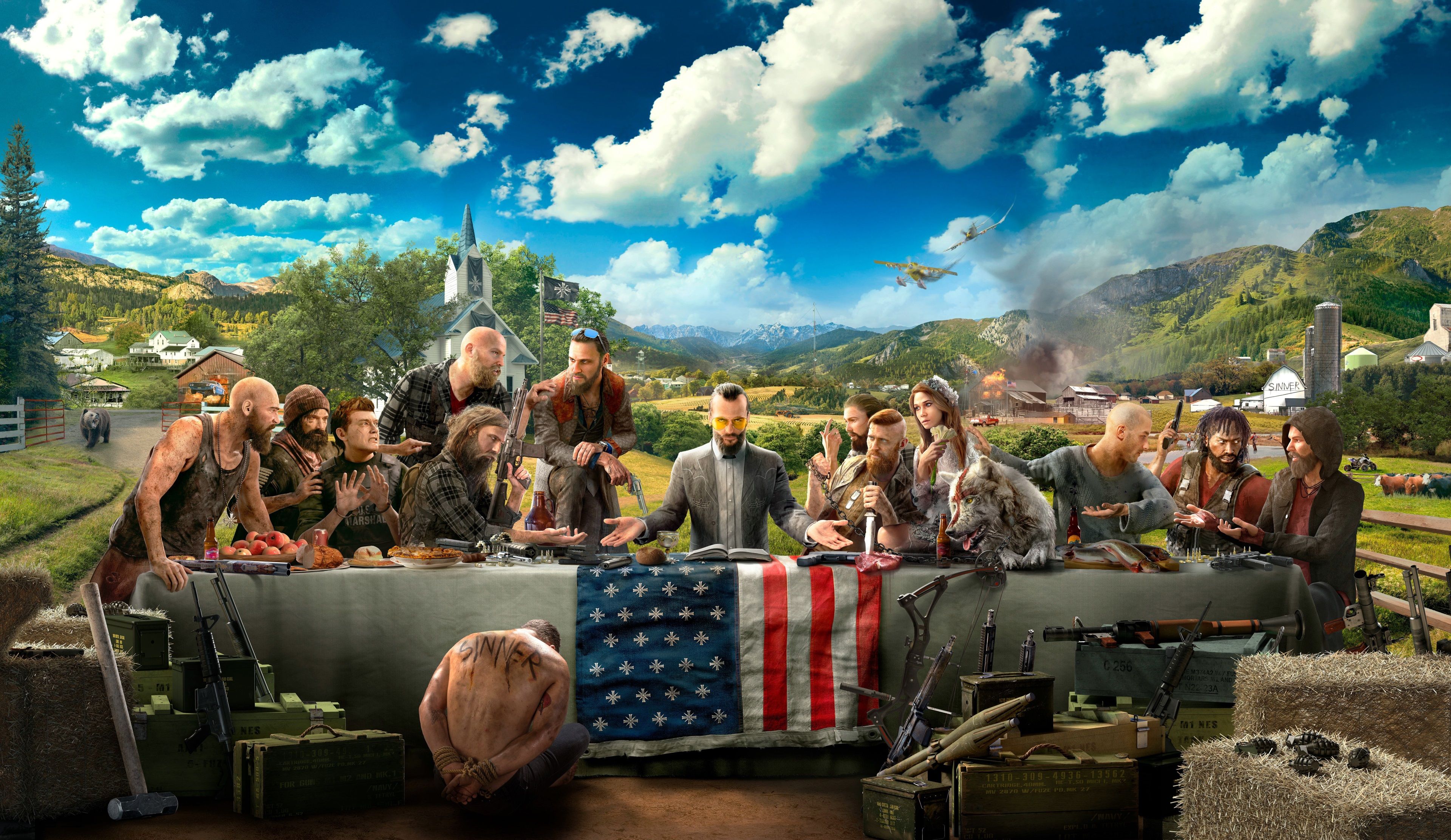
This installment, created by Ubisoft Montreal and Toronto and published by Ubisoft, introduces a new cult-based region and offers three different endings. However, the main storyline plays out very similarly to previous games. How you progress through the resistance movement determines which bosses you fight, no matter what side missions you complete. The well-known plot twist at the end largely remains the same, meaning your choices throughout the game don’t have a major impact. Choosing different companions and completing side stories mostly affects combat assistance, rather than changing the overall story.
‘L.A. Noire’ (2011)

The interrogation system created by Team Bondi and Rockstar Games gives the impression of player choice with its ‘Truth/Doubt/Lie’ mechanic, but the story generally progresses the same way no matter what you do. Even if you fail to get information, the plot moves forward without much consequence. Your character’s career path – promotions and transfers – is also predetermined, and the main conspiracy will reveal itself regardless of how well you conduct your interviews.
‘Dragon Age II’ (2011)
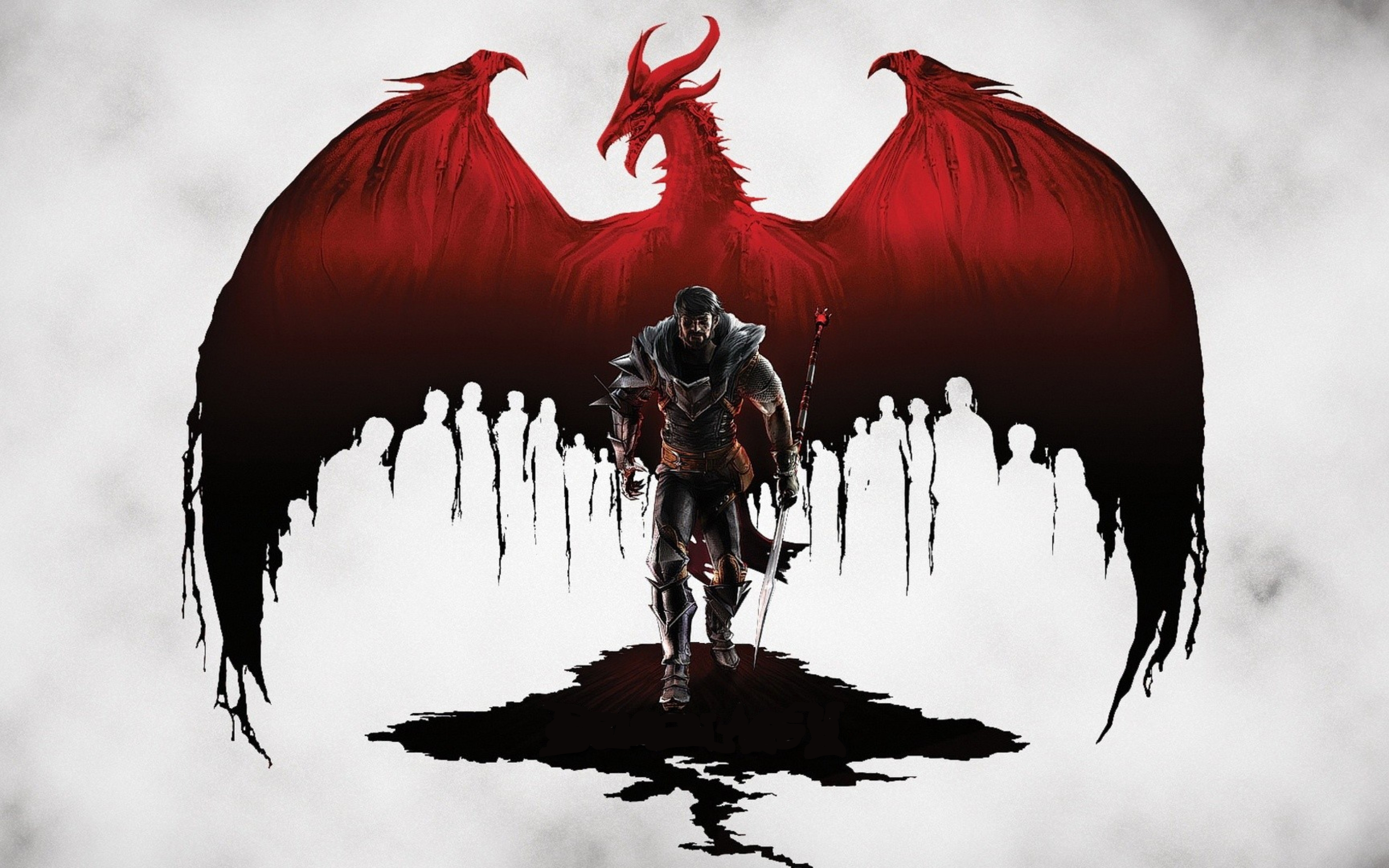
The game focuses on the city of Kirkwall, covering several years of events divided into distinct acts. Relationships with your companions evolve, impacting their personal stories and conversations, and ultimately influencing the city’s destiny. Your character’s combat style is determined by your class and skills, but doesn’t affect the overall political narrative. The ending always involves the same central conflict, though the specific details and who stands with you will vary.
‘Dragon Age: Inquisition’ (2014)
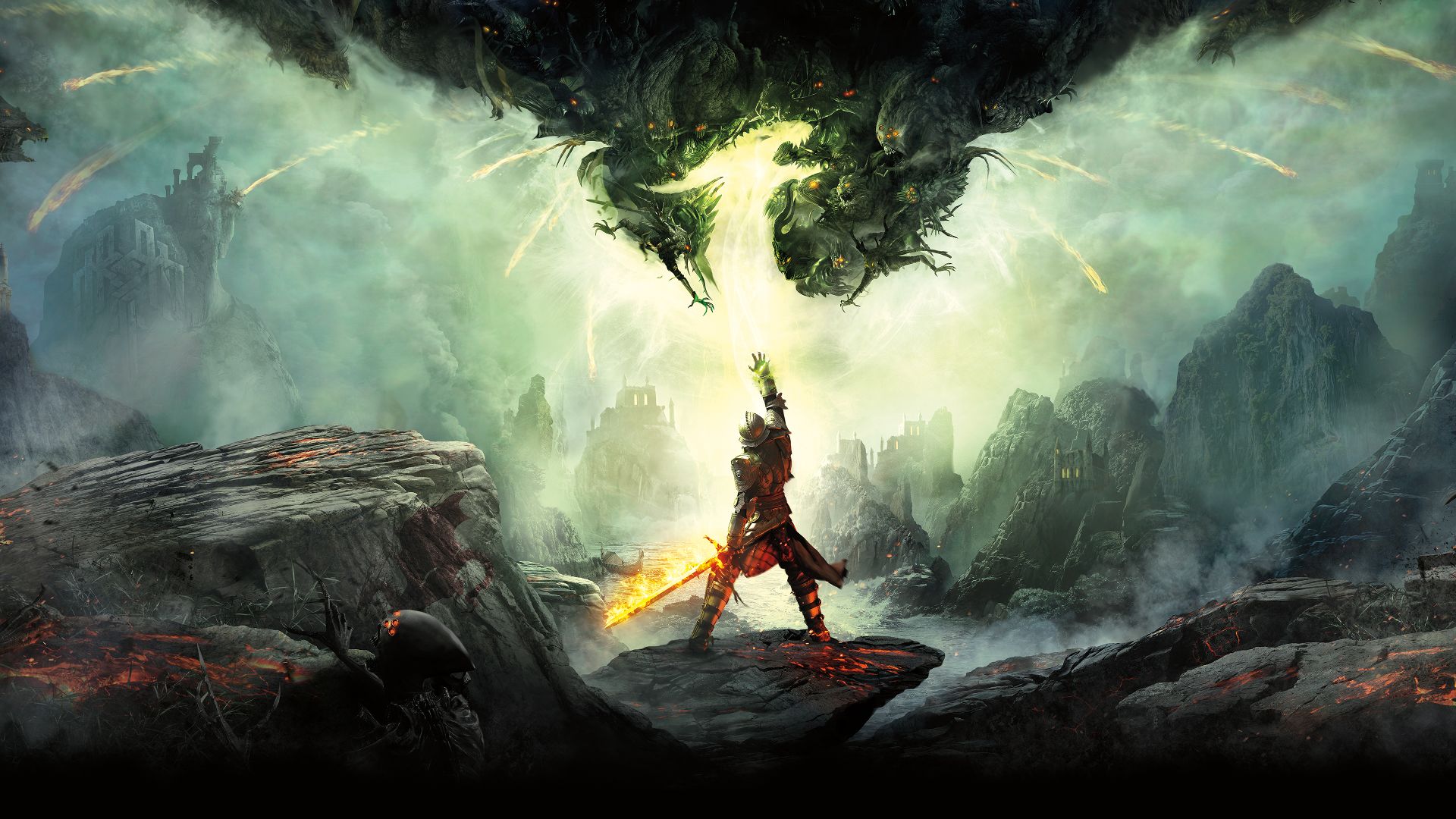
This game, like others from BioWare and Electronic Arts, keeps track of your choices made through the War Table and how you build relationships with allies. These choices generally provide resources and short story scenes. However, the main villain’s plans aren’t significantly affected by diplomacy. While some companions might leave your party, the main storyline remains consistent. The game recognizes your decisions in the ending, but the final battle will largely play out the same way.
‘Fable’ (2004)
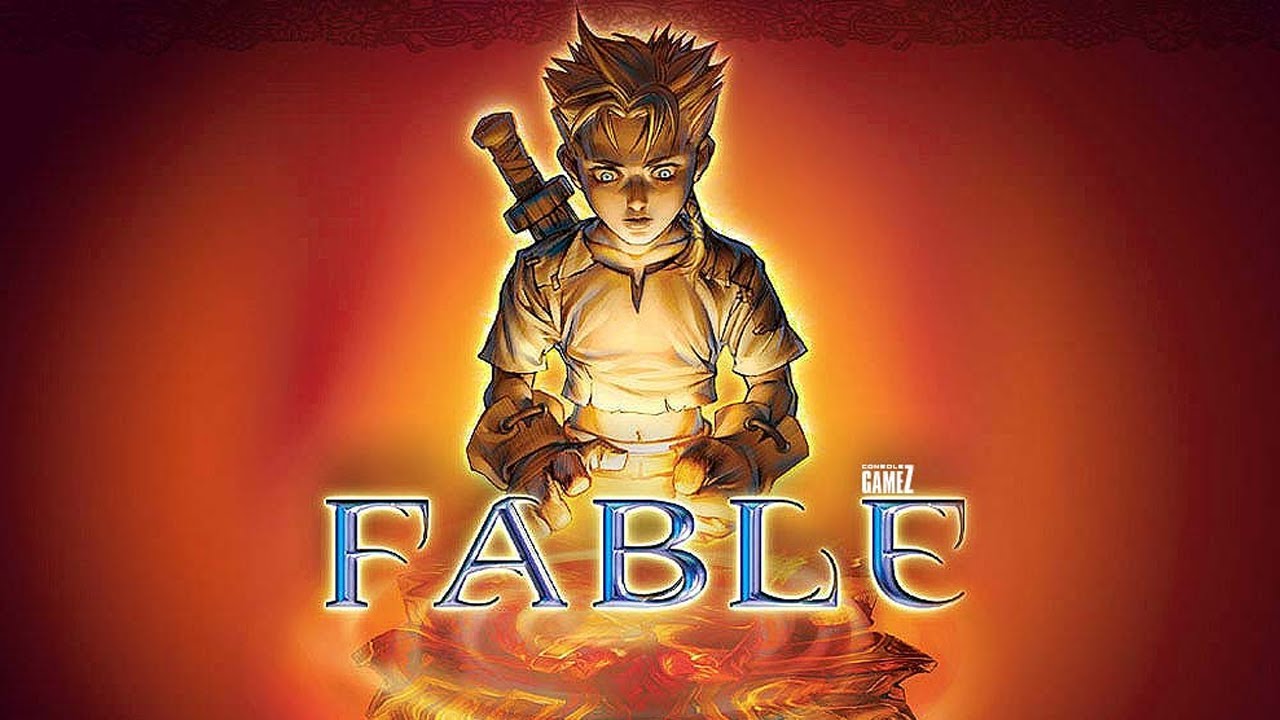
Lionhead and Microsoft promoted a strong moral choice system in their games, but in practice, being ‘good’ or ‘evil’ mainly affected how characters looked and reacted to you. The core gameplay – quests and boss battles – stayed the same. While shop prices and conversations changed based on your choices, it didn’t unlock new areas or storylines. Ultimately, the game’s ending depended on a single, straightforward good versus evil choice, rather than reflecting the complexity of your actions.
‘Fable II’ (2008)
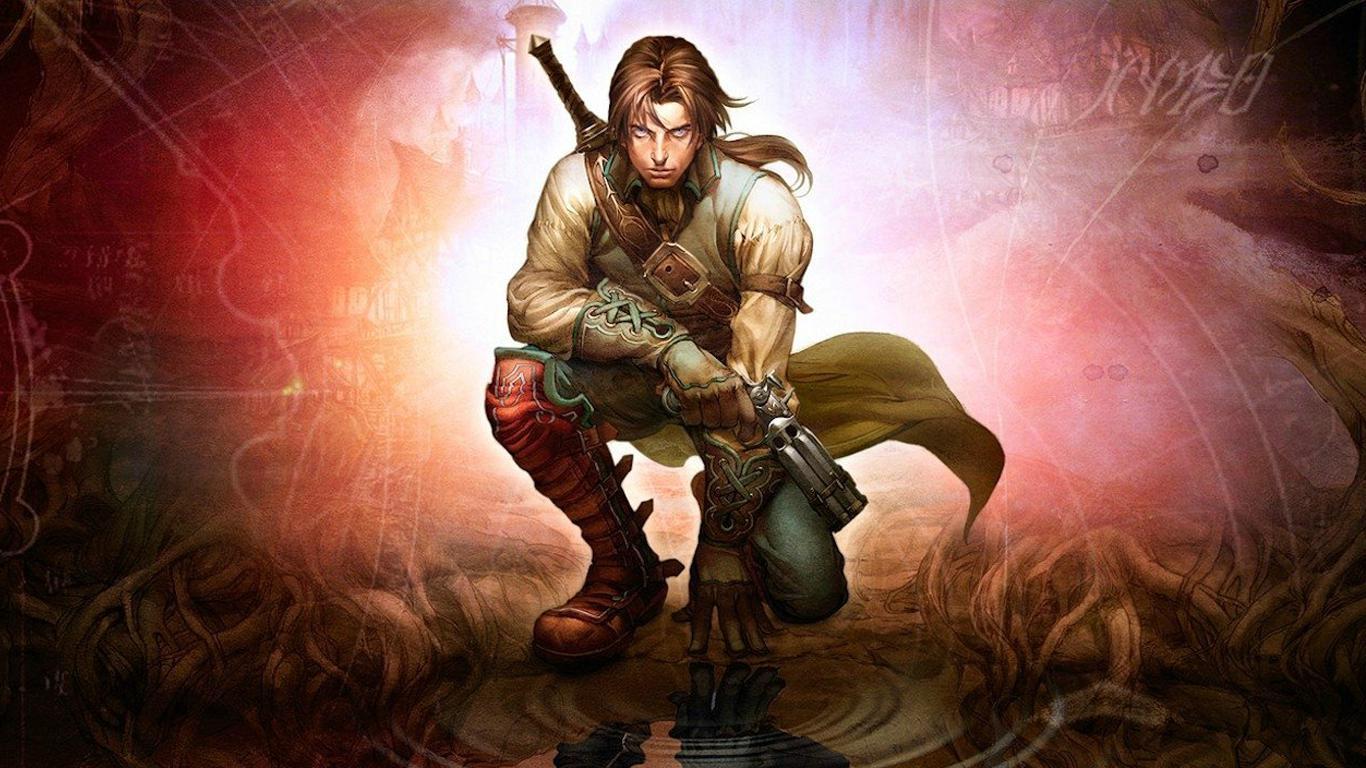
In ‘Fable II’, developed by Lionhead Studios and published by Microsoft Game Studios, your family, wealth, and possessions don’t drastically change the main storyline. All players experience the same key events, like the Spire and the final battle. While your ultimate wish affects the game’s ending and what you receive, it doesn’t change the path you take. Your moral choices primarily impact things like how characters react and the prices in shops, rather than opening up different story paths.
‘Fable III’ (2010)
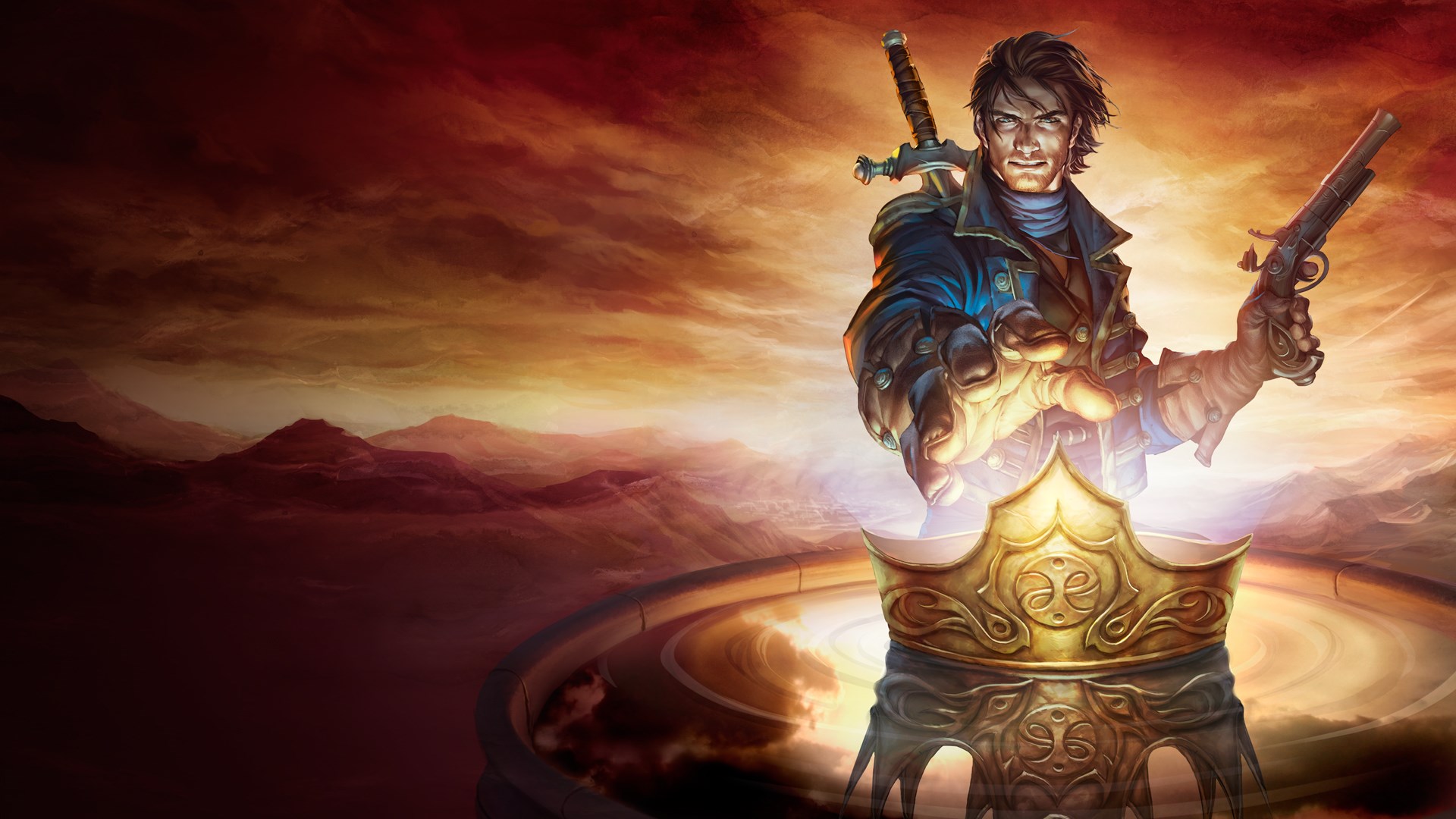
The game lets you start as a rebel leader and then a ruler, but most of your decisions as a leader only change how much money you have and the general atmosphere of your kingdom. Big changes you were promised end up being just numbers in a report, instead of leading to different storylines. Even the main threat is handled simply, with only a summary of how many people were affected. Most of the smaller choices you make are just mentioned in conversations or reflected in how towns change after you finish a quest.
‘Watch Dogs’ (2014)
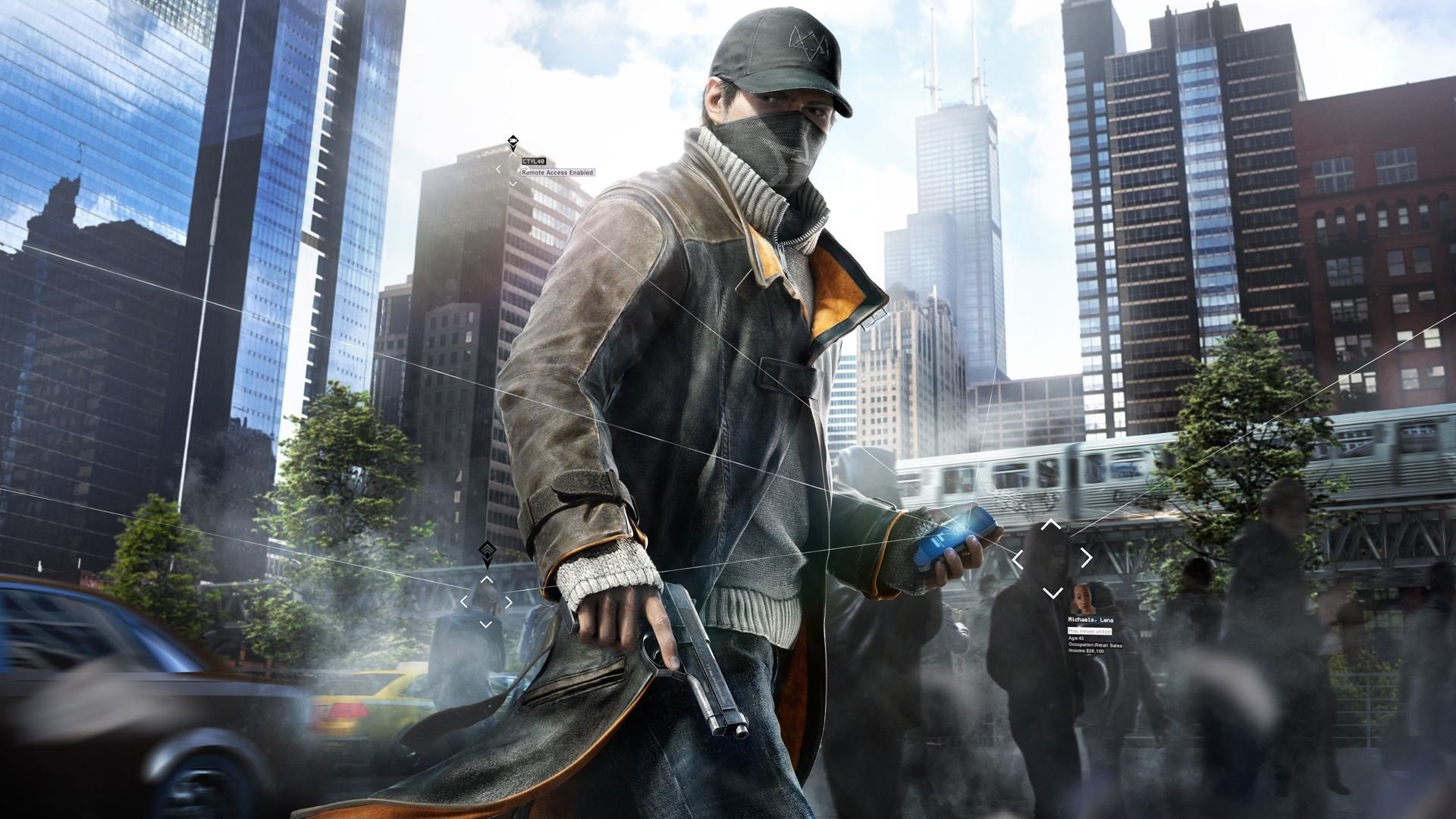
In Ubisoft Montreal’s game, how you hack impacts gameplay and your approach to missions, but doesn’t change the overall story. While your actions affect how people see you, the main story events and key character relationships remain the same. There are some minor changes to conversations, but the core narrative follows a set path, and the ending is predetermined with limited choices that truly alter the outcome.
‘Quantum Break’ (2016)
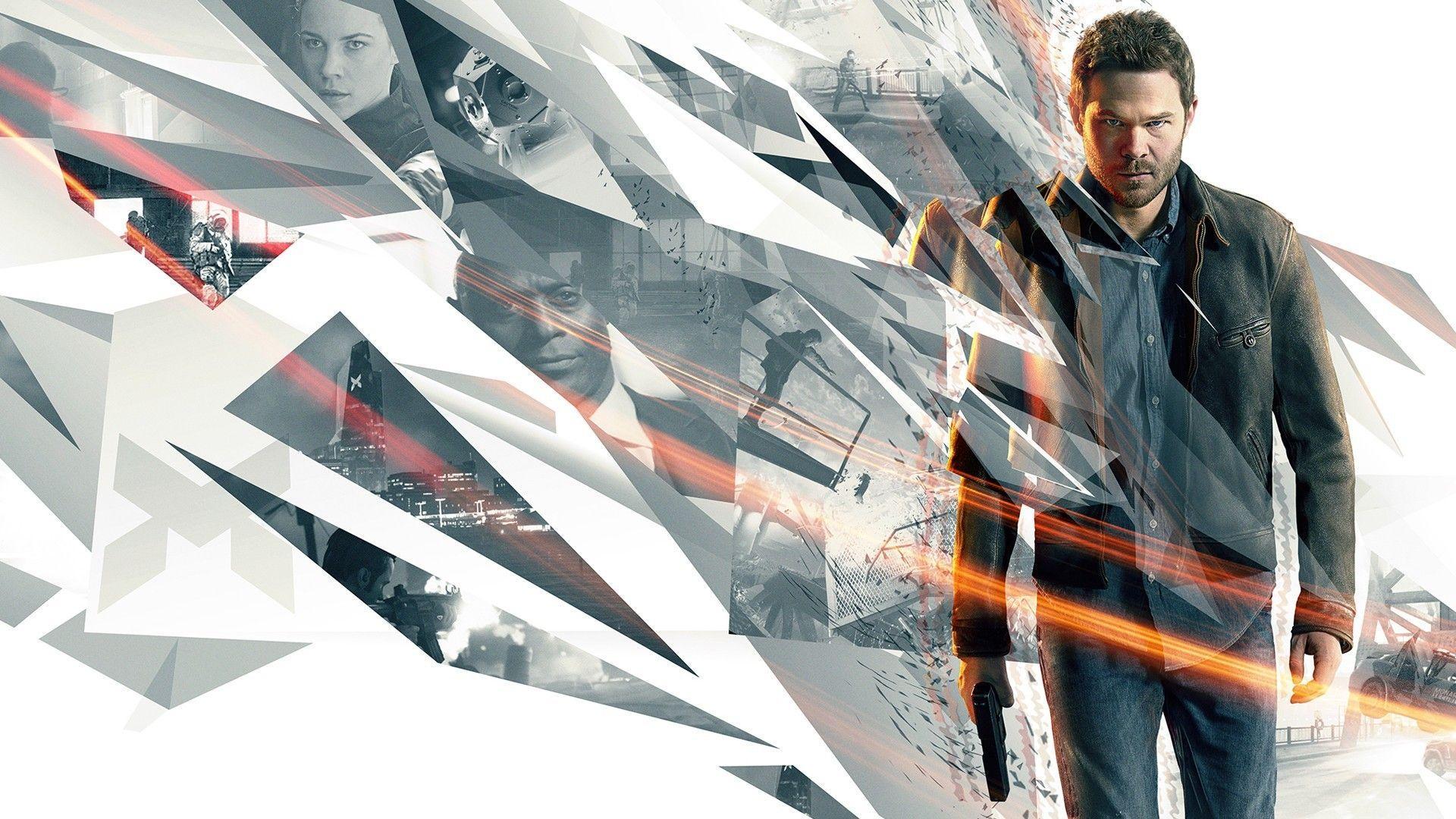
Alan Wake 2 features choices called ‘junctions’ that show different live-action cutscenes, but these don’t significantly change the main story or boss fights. Finding collectibles adds background details, but doesn’t open up new parts of the game. While optional scenes can add extra context, the core storyline stays consistent, and the ending remains largely unchanged no matter what choices you make.
‘Prey’ (2017)
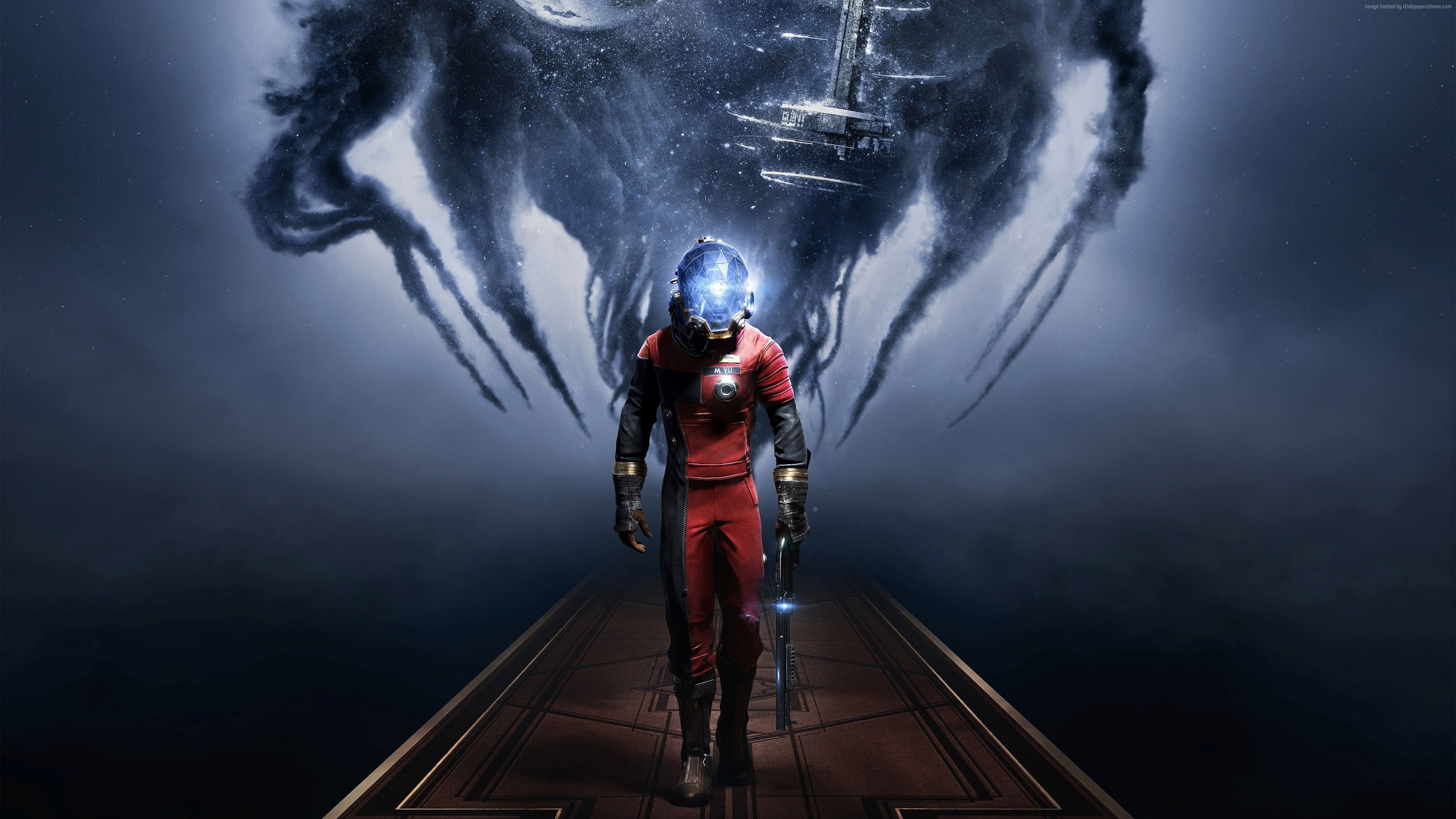
As a huge fan, I’ve been playing, and it’s cool you can build your character with either human or Typhon powers. However, the big story beats happen pretty much the same way no matter what. What does matter is who you choose to help – those choices show up in the logs and affect how you’re ultimately judged. There are different endings, but honestly, the game kind of treats them all as different ‘test scores’ at the end, which feels a little weird. No matter how you build your character, the main objectives stay the same throughout the game.
‘Firewatch’ (2016)

So, Campo Santo made this game, with Panic helping out on some systems, but honestly, how I played felt way more important. The choices I made in conversations mostly shaped how things felt, not what happened. The big mystery? It all wrapped up in a pretty realistic way. Getting to know Delilah differently changed our chats and a few moments in the game, but it didn’t change the ending. And finding stuff while exploring just gave me more background info, it didn’t unlock any secret endings or anything like that.
‘Twelve Minutes’ (2021)

This time-loop thriller, created by Luis Antonio and published by Annapurna Interactive, focuses on solving puzzles through specific dialogue choices. While conversations offer variety, they generally lead to the same challenges. You advance by finding the precise things to say, not by changing the story. Even different approaches to conversations reveal the same information, and the ending is predetermined once you’ve triggered the correct sequence of events, no matter how you got there.
Share your picks below: which games made you feel like your choices didn’t really move the needle?
Read More
- 39th Developer Notes: 2.5th Anniversary Update
- The 10 Most Beautiful Women in the World for 2026, According to the Golden Ratio
- TON PREDICTION. TON cryptocurrency
- Gold Rate Forecast
- Bitcoin’s Bizarre Ballet: Hyper’s $20M Gamble & Why Your Grandma Will Buy BTC (Spoiler: She Won’t)
- Lilly’s Gamble: AI, Dividends, and the Soul of Progress
- Celebs Who Fake Apologies After Getting Caught in Lies
- USD PHP PREDICTION
- Elon Musk Calls Out Microsoft Over Blizzard Dev Comments About Charlie Kirk
- VSS: A Thousand Bucks & a Quiet Hope
2025-11-21 02:51